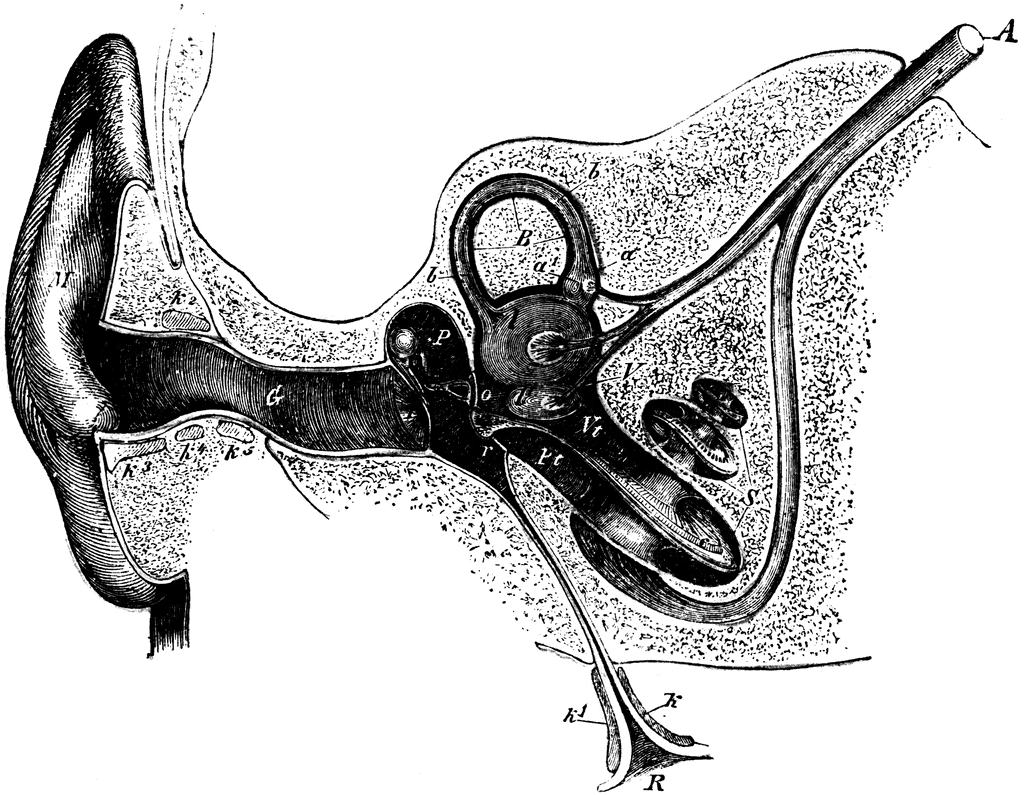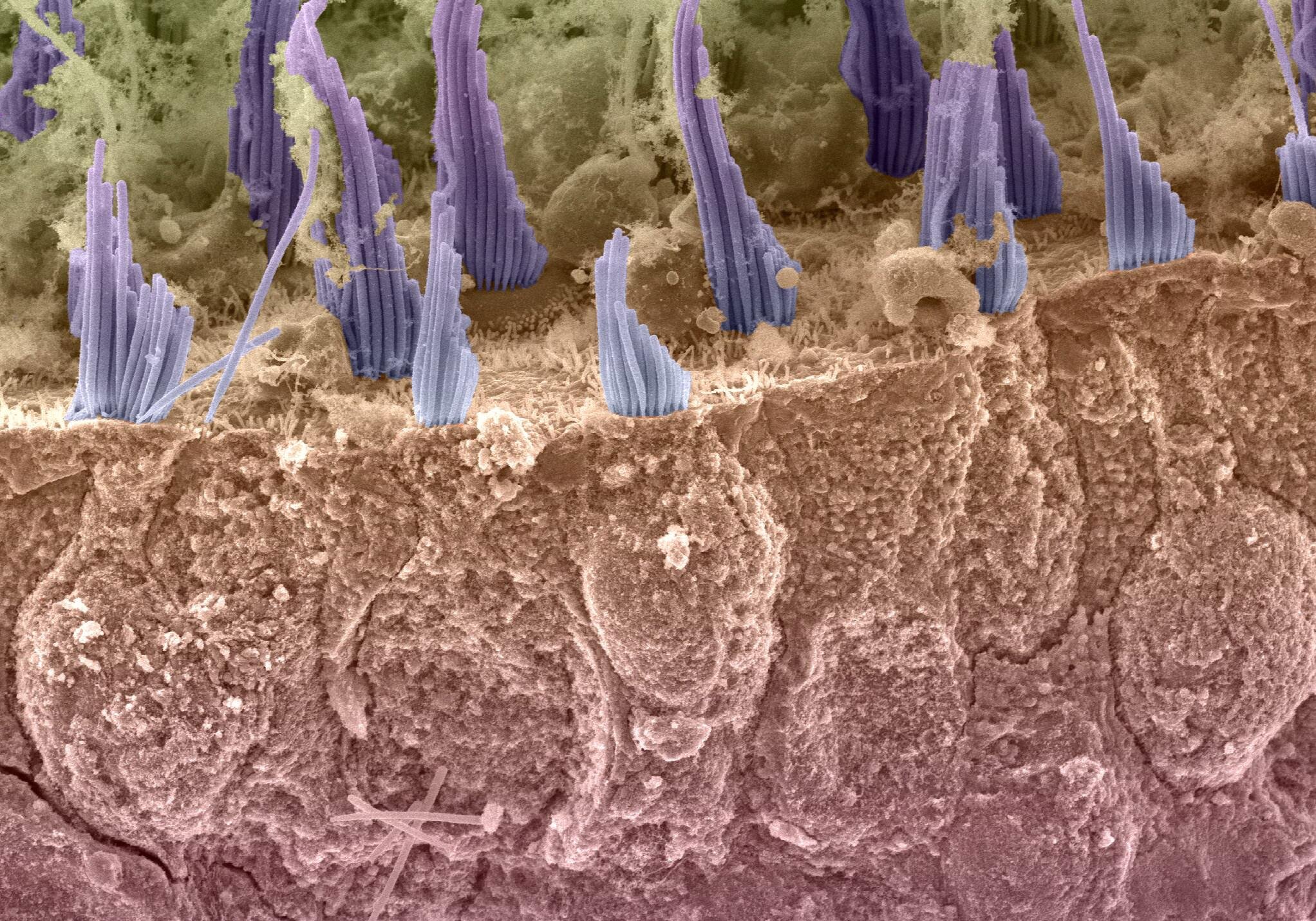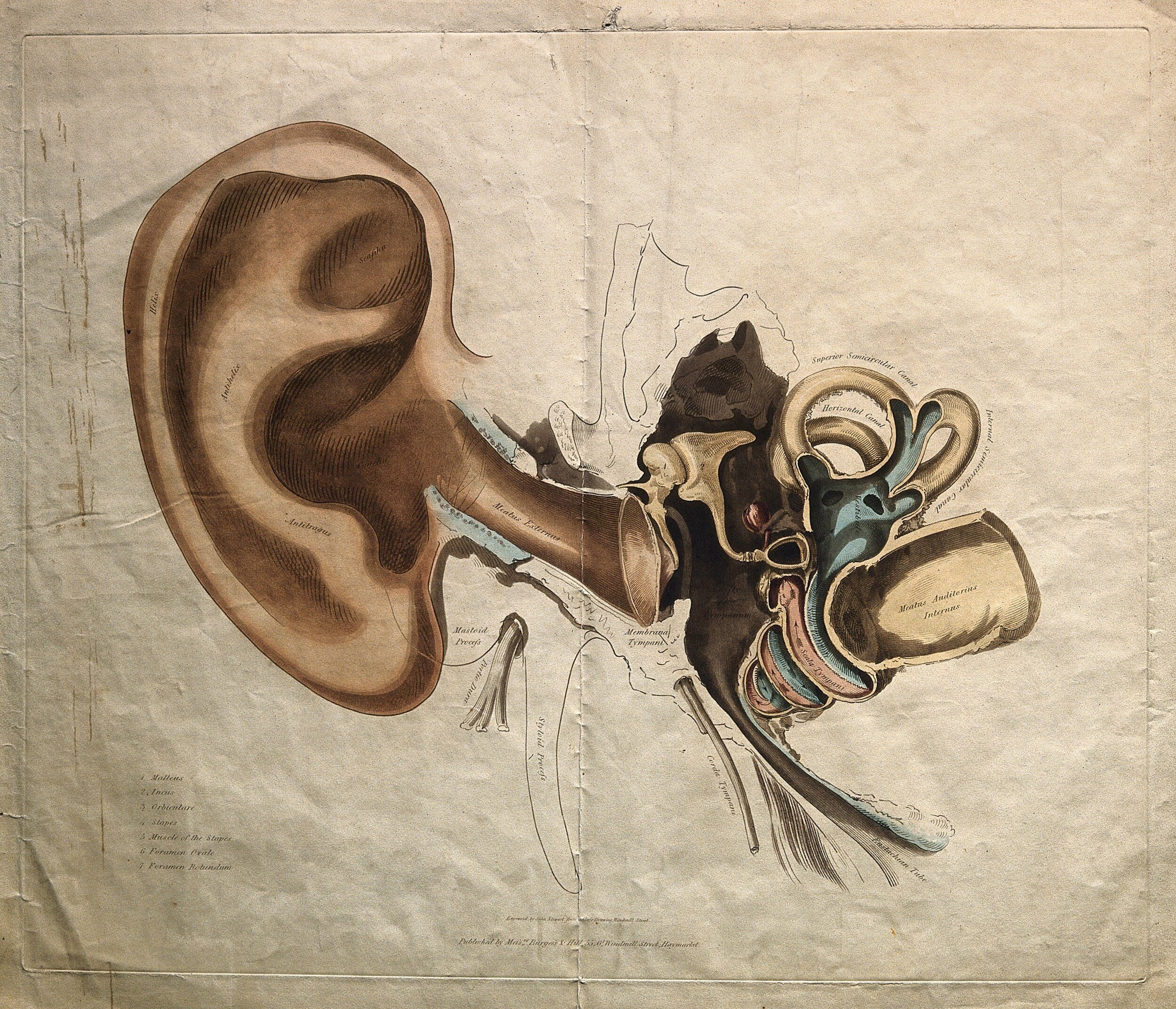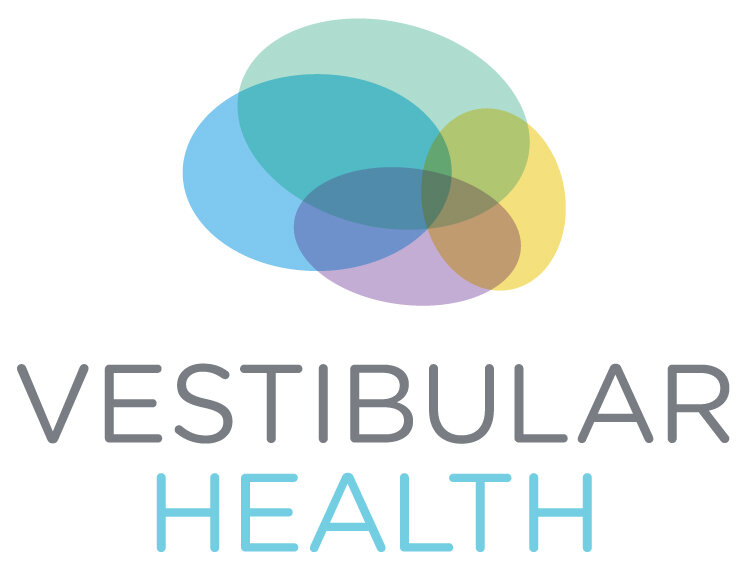
Will vestibular rehab help me?
Do you experience dizziness, vertigo, balance problems, or falls? Find out if vestibular rehabilitation physiotherapy can help you! Learn what vestibular rehab is, how it works, and whether it could help your symptoms. Our expert physiotherapists are here to help at our Toronto clinics or online through virtual care.

Research update: BPPV and vitamin D
Research suggests that vitamin D deficiency could be related to BPPV, and that taking vitamin D supplements might help some people reduce their risk of having repeated episodes of BPPV. Learn more about the latest evidence on BPPV, risk factors for recurrence, and the role of vitamin D.

Vestibular neuritis
Vestibular neuritis is a common cause of vertigo, and vestibular rehab is an effective treatment to improve symptoms and quality of life. Learn about the symptoms of vestibular neuritis, how this condition is treated, and what to expect in your recovery.

Vertigo after head injury: Post-traumatic BPPV
Vertigo after head injury or concussion/mTBI is most often caused by BPPV. This condition is very effectively treated with physiotherapy. Symptoms last less than a minute and are triggered by lying down, rolling in bed, looking up, or bending over. BPPV can also cause balance problems, motion sensitivity, nausea, and anxiety. Learn about post-traumatic BPPV and how vestibular rehab can help.

What are the otoliths?
The otoliths are the part of our inner ear that sense linear movements and gravity. Problems in the utricle and saccule can cause vestibular symptoms like rocking, swaying, dropping, or feeling pushed or pulled. Learn more about otolithic dysfunction and how vestibular rehab could help.

Online exercises for vertigo & dizziness
When vertigo, dizziness, and imbalance are disabling, you will try everything you can to get better! Finding exercises online may have benefits, but also some pitfalls. Learn about the types of self-help exercises you may find, tips for what you might experience when trying these treatments, and when you might need expert help.

Why we use infrared goggles to assess and treat vertigo
Learn more about why we use infrared video goggles in our comprehensive vestibular evaluations.

What is nystagmus and why is it important in vestibular rehab?
When we assess your vestibular system, we spend a lot of time looking at your eyes! One of the things we are looking for is nystagmus. Nystagmus is rapid and rhythmic movements of the eyes that are involuntary, meaning you are not able to control these movements. These eye movements give us clues to what is causing your vertigo or imbalance.

The most common cause of vertigo
The most common reason people experience vertigo is due to a condition called Benign Paroxysmal Positional Vertigo (BPPV). Although this condition is not dangerous, vertigo can be a very disabling symptom. Vertigo is described as a hallucination of movement - most commonly it is experienced as spinning. Often our patients describe it: “when I lie down, I feel the entire room is spinning” or “when I look up, it can feel as if the world is going upside down and I could fall”.
